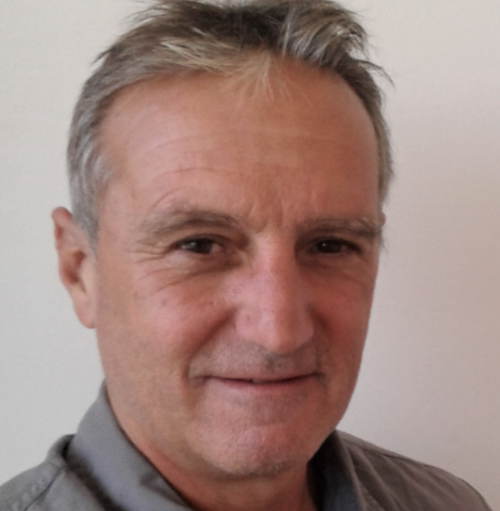
Heinrich Hoppe
Country (Nationality)
South Africa
Grantee Title
Project - Novel Arf GTPase assays for antimalarial drug discovery
Grantee Description
Heinrich Hoppe completed his PhD in malaria parasite cell biology in 1994 at the University of Pretoria, South Africa. Subsequently he held postdoctoral fellowships at the University of Cape Town and Yale University, studying TB and Toxoplasma cell biology, respectively. From 2003-07 he performed malaria parasite cell biology research as a Wellcome Trust International Research Fellow at the University of Cape Town, after which he led the Pharmacology Research Group at the South African Council for Scientific and Industrial Research. In 2011 he was appointed Associate Professor of Biochemistry at Rhodes University, the post he currently holds. Besides undergraduate teaching in Biochemistry, he is currently supervising 2 PhD and 4 MSc students and has co-authored 79 journal articles. His main research interest is the development and implementation of bioassays for drug screening.
Project - Novel Arf GTPase assays for antimalarial drug discovery
ADP-ribosylation factor (Arf) proteins are small GTPases that are key regulators of protein trafficking in eukaryotic cells. Arf1 is essential for the delivery of newly synthesised secretory proteins to their correct cellular destinations via the Golgi apparatus and has been proposed as an attractive cancer drug target. Arf1 has also been found to be highly conserved in malaria parasites, Golgi localised and essential for blood-stage parasite viability. Current Arf1 inhibitors act by disrupting the activation or deactivation of the GTPase by regulatory proteins – guanine nucleotide exchange factors (ArfGEFs) and GTPase activating proteins (ArfGAPs), respectively – and have been found to inhibit malaria parasite viability at low micromolar concentrations. Discovery of additional Arf GTPase inhibitors is hampered by the lack of robust plate-based screening assays. The focus of the project is to develop novel assays to detect the activation and deactivation of malaria Arf1 by GEFs and GAPs and employ the assays to screen compound libraries for potent inhibitors. The overall goal is to use the inhibitors to validate Arf1 as an antimalarial drug target.
